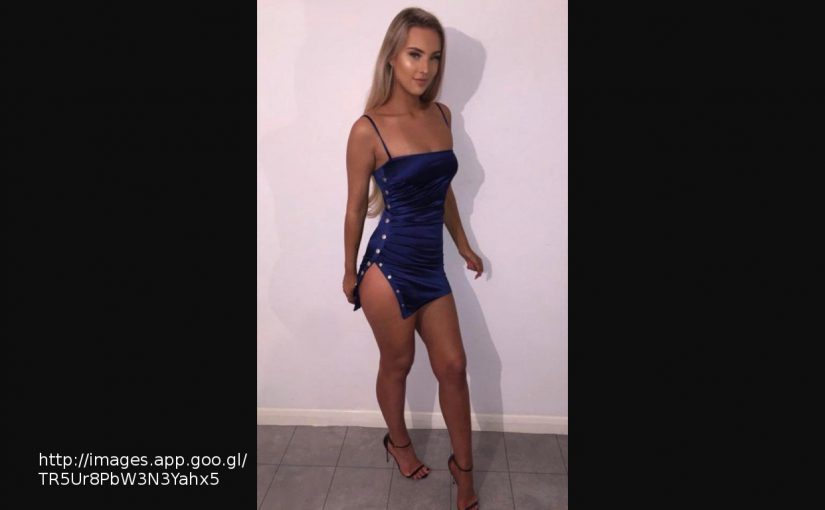Nice Guys see Bad Boys taking chances, embracing uncertainty, boldly interacting with women with no guarantees.
And Nice Guys envy Bad Boys for it.
The Nice Guy deludes himself with the completely unrealistic fantasy that there is “the magic technique” with which he will not have to put his masculinity on the line.
The “secret super power” of the Bad Boy is not something the Bad Boy has that the Nice Guy does not. The secret super power of the Bad Boy is that he has recognized as his greatest asset that which the Nice Guy continues to condemn within himself as his greatest weakness – the ability to stick ones neck out and be vulnerable.
When we see someone else being vulnerable, we perceive it as courage. And we esteem the hell out of it. When other people have the guts to be vulnerable, we label those people as valuable, admirable, impressive.
Now here comes the weird paradox: the same vulnerability, when we perceive it in ourselves, tends to get labelled very differently. When we put ourselves out there, when we feel exposed, when we embrace uncertainty, we don’t call ourselves “cool”, studly, or courageous. We call ourselves weak.
The Bad Boy’s secret is not that he’s invincible – it’s that he is vulnerable.
Bad Boys are willing to show things that Nice Guys insist on hiding. Their passion. The pleasure they derive from a woman. The desires a woman sparks within them. The dark thoughts that they have under the influence of a woman’s beauty. The raw masculine energy that courses through them.
These qualities are not techniques that can be taught in a school. They are naturally occurring aspects of masculinity that are stimulated into activity by femininity. These qualities form the basis of the Bad Boy’s appeal.
Thus, if you do not challenge your fear of vulnerability, no amount of technique will save you.

